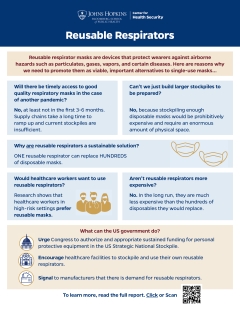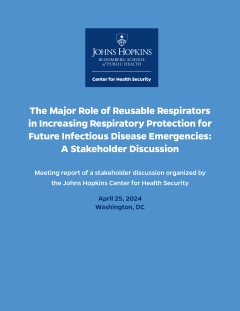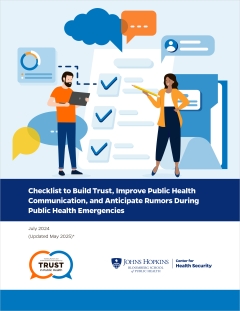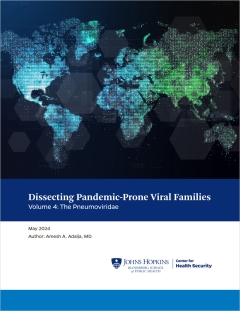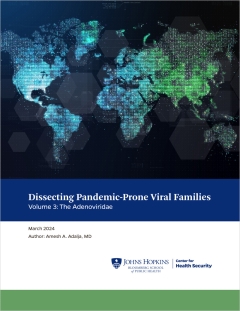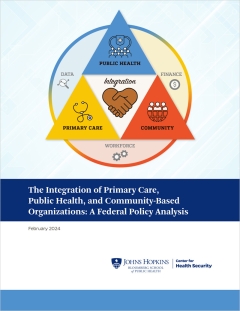Rasmussen et al. argue that “increasing oversight across virology or all microbe research would represent a misdirection of resources and would fail to provide a commensurate increase in safety or security” and “harm surveillance, antiviral discovery, monitoring for resistance to antivirals and vaccines, and other critical efforts.” On the contrary, a strengthened version of the recommendations of the National Science Advisory Board on Biosecurity (NSABB) is crucial for the success of microbiological science. Implementing these recommendations would reduce the risks of a deliberate or accidental pandemic, while using precious research resources efficiently, restoring trust in science, strengthening US leadership in biosecurity and biosafety, and safeguarding the biomedical research enterprise, as ASM itself has said.


